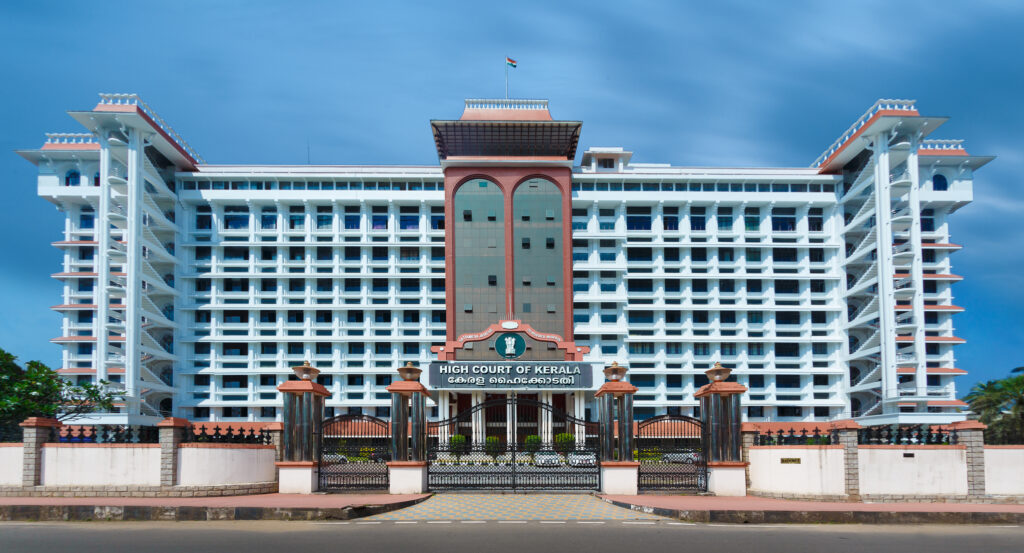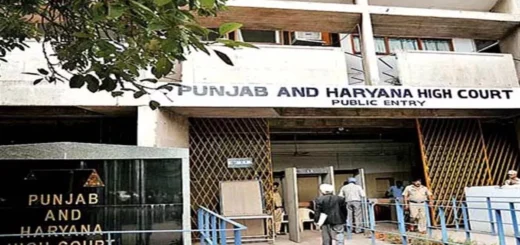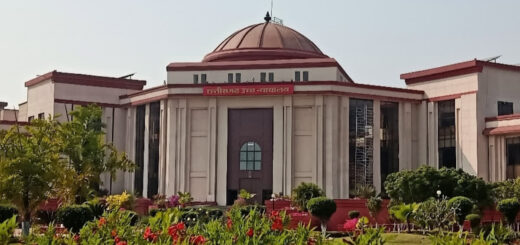The Kerala High Court stated that it is the bench’s responsibility to determine whether a writ petition qualifies as a Public Interest Litigation (PIL), not the registry’s.

The Kerala High Court dismissed an objection from the registry regarding locus standi, stating that it is up to a Bench to determine if a Writ Petition qualifies as a PIL, not the Registry. The Court received a Writ Petition from Abdul Majeed M, an elected member of the Pachambalam Ward in Mangalpadi Grama Panchayat, Kasaragod district, Kerala. This Petition, filed under Article 226 of the Constitution, expressed concerns about the Panchayat’s administrative issues and suggested its division due to population growth. The High Court’s Registry initially refused to assign a number to the Writ Petition, questioning the Petitioner’s locus standi, which led to the case being listed as unnumbered before the Division Bench that handles Public Interest Litigations. In contrast, regular Writ Petitions under Article 226 are usually heard by a Single Bench.
The Division Bench, consisting of Chief Justice Nitin Jamdar and Justice S. Manu, stated, “The Registry has raised a defect. The Petitioner’s counsel claims that the petition is for the individual rights of the Petitioner and not for public interest, so it should not be considered a Public Interest Litigation (PIL). If this is the Petitioner’s position, the petition must be directed to the appropriate Bench or Single Judge, as per the roster. It is the responsibility of the relevant Bench or Single Judge to determine if any individual rights have been violated. If not, there will be consequences due to lack of locus. If the petition is dismissed for lack of locus, the Petitioner cannot argue for it to be heard as a PIL.”
Advocate R. Anas Muhammed Shamnad represented the Petitioner, while Senior Government Pleader K.P. Harish represented the Respondents. In the Writ Petition, the Petitioner stated that Mangalpadi Grama Panchayat covers 36.3 square kilometers and has a population of 59,013, according to the civil supplies department. The population density is 1,625.7 per square kilometer, which is twice the average density in Kerala. The Petitioner claimed this makes it one of the most densely populated panchayats in the state. The petition reads, “This Writ Petition (Civil) is filed before this Hon’ble Court…seeking intervention to address the growing grievances of the petitioner and the residents of Mangalpadi Grama Panchayat.”
The Petitioner cited the Panchayathiraj Act, stating, “The Panchayathiraj Act 1994 specifies that if the population is below 15,000, there should be at least 13 wards, and for every additional 2,500 people above 15,000, a new ward should be created.” The Petitioner provided a count of pending files in various departments within the panchayat, highlighting delays in decision-making. The Petitioner noted that these delays negatively affect residents, stating, “People have to travel between 6 to 11 kilometers to meet their needs.” The Petitioner emphasized that “it is the right of the people to have their needs met without delay.”
As a result, the Division Bench instructed the Registry to number the Writ Petition. The Writ Petition was then scheduled for a hearing before a Single Bench on November 5, 2024, where notice was issued to the Respondents, and the matter was set for listing after the notice was served.
Cause Title: Abdul Majeed M v. State of Kerala & Ors.
Appearance:
Petitioner: Advocates R.Anas Muhammed Shamnad, Saleek.C.A., Sarun Rajan, Thareek T.S., Hamdan Mansoor K.
Respondents: Senior Government Pleader K.P. Harish; Advocates Shiraz Abdulla M.S and Deepu Lal Mohan









